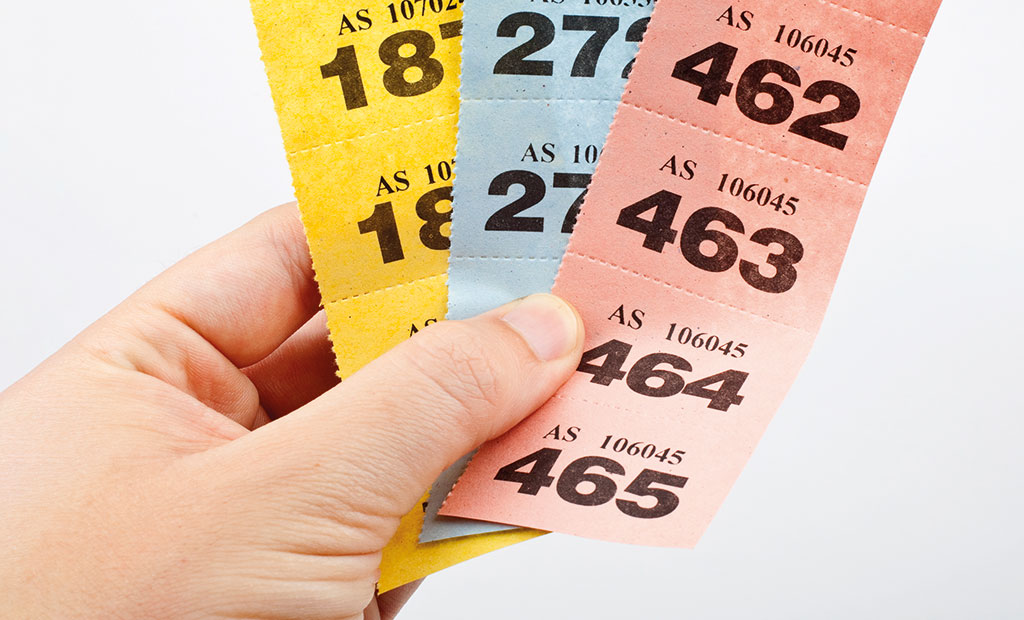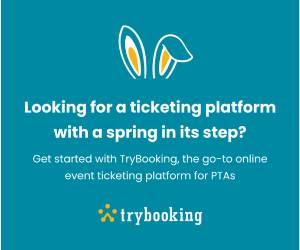Would a PTA be allowed to sell raffle tickets online?
Any lottery tickets sold online can only lawfully be done so under a society lottery licence issued by the Gambling Commission, or a registration issued by a local authority (for a small lottery). A PTA does not need to be a registered charity in order to do this, but must be a non-commercial (ie not-for-profit) organisation, with stated purposes that are for sporting, cultural, charitable or any other good cause.
What type of licence would the PTA need to hold?
This depends on the size of the lotteries planned, and the amount of tickets the PTA proposes to sell in a calendar year. Most PTAs would be running a small lottery, so will just need a registration from the local authority where the PTA main administration office is located. If, however, ticket sales exceed £20,000 in any single lottery, or £250,000 in a calendar year, a society (large) lottery licence from the Gambling Commission is required.
Are there any restrictions on how payments for tickets can be taken?
You cannot accept credit card payments online or by telephone if you hold a Gambling Commission-issued licence. But there are generally no such restrictions for local authority-registered lotteries. Societies should not charge more for players to participate by one particular payment method over another.
- How to avoid the Facebook scammers
Would physical (paper) raffle tickets need to be issued?
Tickets can be sent by email or other electronic means providing they meet the ticketing requirements laid out in the Gambling Act 2005, and can be retained or printed.
What information needs to be included on the raffle tickets?
Tickets must show the name of the promoting society, the ticket price, the name and address of the organiser and the date of the draw. The ticket or document confirming entry into a lottery must also state the name and address of a member of the society who has responsibility for the promotion of the lottery. For Gambling Commission licensed lotteries it must also state ‘licensed by the Gambling Commission’ and a link to the Gambling Commission website.
- Join our Facebook group to chat with other PTA members and share advice: PTA Ideas and Advice Network
Do we need to generate individually numbered tickets?
All entrants into a lottery become part of a class from where winners are determined. Tickets (or documents confirming entry into a lottery) must be able to determine those individual entrants and identify the winning tickets drawn. There are no specific requirements around unique numbers or how tickets are generated, provided the information on tickets is compliant with the specific requirements.
Are there any regulations governing how the draw is made?
There are no restrictions on where a lottery is drawn, providing societies can explain how winners are determined and demonstrate how this is done fairly. A verified RNG (random number generator) could be used, for example. However, if the society has ticket sales of over £250,000 a year then they have to comply with specific technical standards around the testing of RNGs. Societies with Gambling Commission-issued licences must also adhere to specific requirements around transparency of the draw, how winners are determined and prizes allocated, the use of proceeds and the proportion going to good causes. For further information, visit gamblingcommission.gov.uk.
Are there any restrictions on the prizes that can be offered?
Small society lotteries cannot offer a prize worth more than £25,000 (even if the prize is donated). Societies should ensure lottery prizes that are age-restricted (such as alcohol, driving experiences, minimum-age events) are not awarded to anyone unable to prove they are above the designated age for that prize. Such age restrictions should be clearly indicated on tickets and advertising. We also recommend you seek guidance from the police on prizes that may have age or other restrictions (such as requiring a driving licence or a gun licence).
For more information
PTAs should familiarise themselves with the information available on the Gambling Commission website. For a simple table laying out the rules and regulations, see gamblingcommission.gov.uk/PDF/quick-guides/Running-a-lottery-quick-guide.pdf
See also
- Licensing guide: All you need to know
- Guide to online fundraising
- Online PTA meetings
- Find raffle ticket suppliers in our online directory
The above is intended as guidance only. We recommend that you contact the relevant organisations with specific reference to insurance, legal, health and safety and child protection requirements. Community Inspired Ltd cannot be held responsible for any decisions or actions taken by a PTA, based on the guidance provided.








